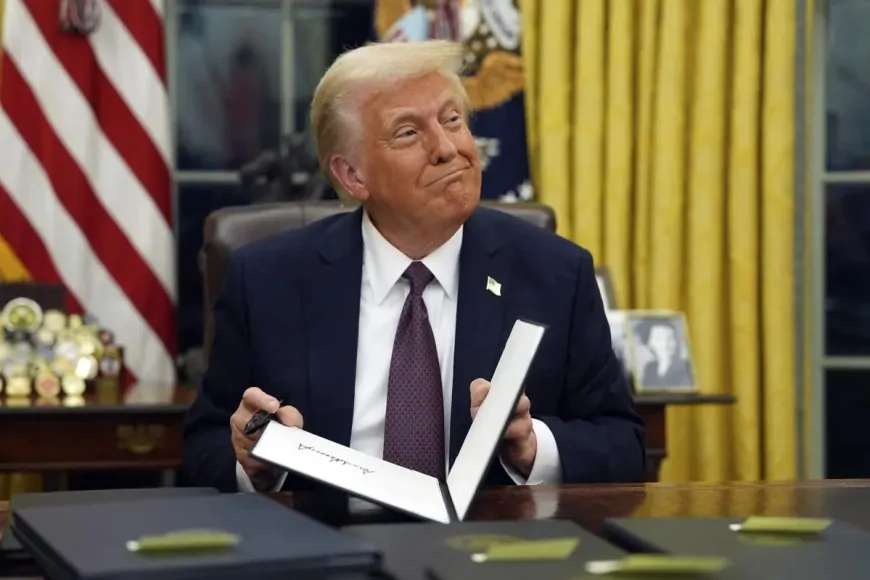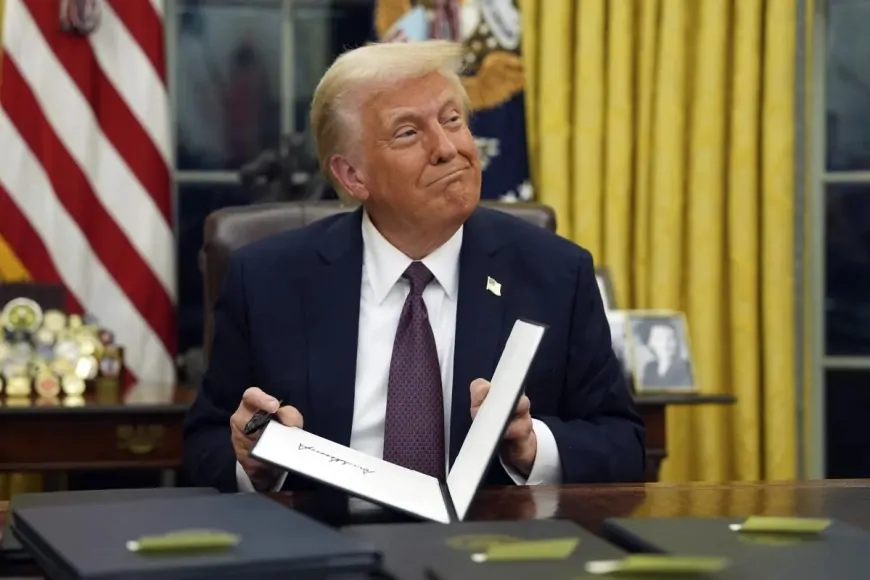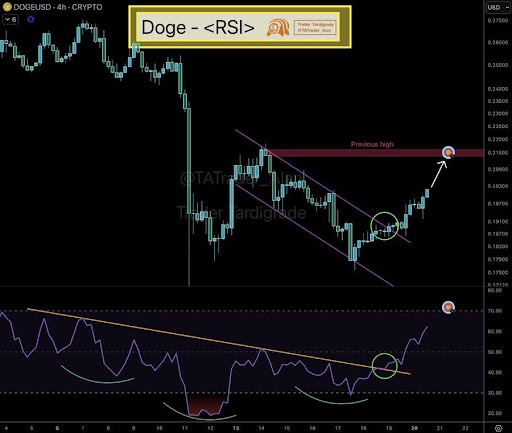
US President Donald Trump is moving ahead with new tariffs in an effort to change the country’s trade policies. His administration plans to introduce taxes on imported cars and apply “reciprocal tariffs” on trading partners by April. At the same time, tariffs on steel and aluminum will take effect in March.
Trump’s original plan to impose a 25% tax on all imports from Canada and Mexico has been delayed until early March. However, tariffs on Chinese goods started in February, leading China to strike back with its own tariffs on US products. Last week, Trump announced a 25% tariff on all steel and aluminum imports from every country. This move is designed to protect US industries but could create tension with America’s biggest trading partners.
Also Read: Trump Imposes 25 Percent Tariff on Steel and Aluminum Imports CFPB Shutdown
On Thursday, Trump signed an order allowing reciprocal tariffs to begin as early as April. This means the US could impose the same level of taxes on imports from countries that place high tariffs on American goods. The measure is part of Trump’s promise to reduce what he sees as unfair trade practices. At the same time, Republicans are preparing a new tax and spending bill, and these tariffs could provide extra government revenue.
Another major change is the planned tariff on imported cars, also expected in April. This could affect major automakers from Europe and Asia, potentially raising car prices in the US.
Experts warn these tariffs might lead to higher prices for everyday goods, increasing the cost of living. This could also push the Federal Reserve to raise interest rates, affecting loans and mortgages.
As Trump continues to push his tariff policies, the global response and long-term effects on the US economy remain uncertain. Many are watching closely to see how these changes will impact businesses, consumers, and international trade relationships.
Follow Live Updates from here…




